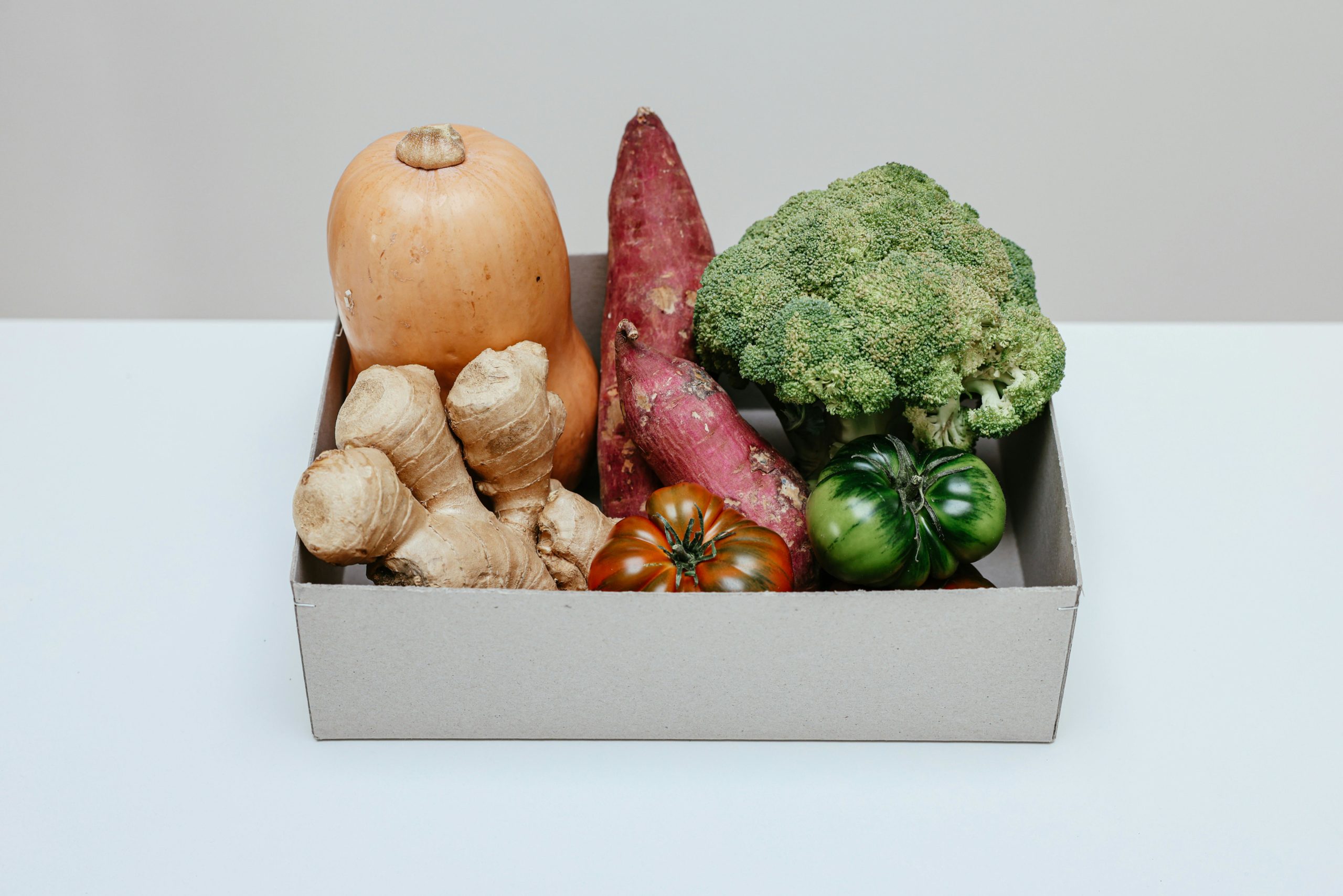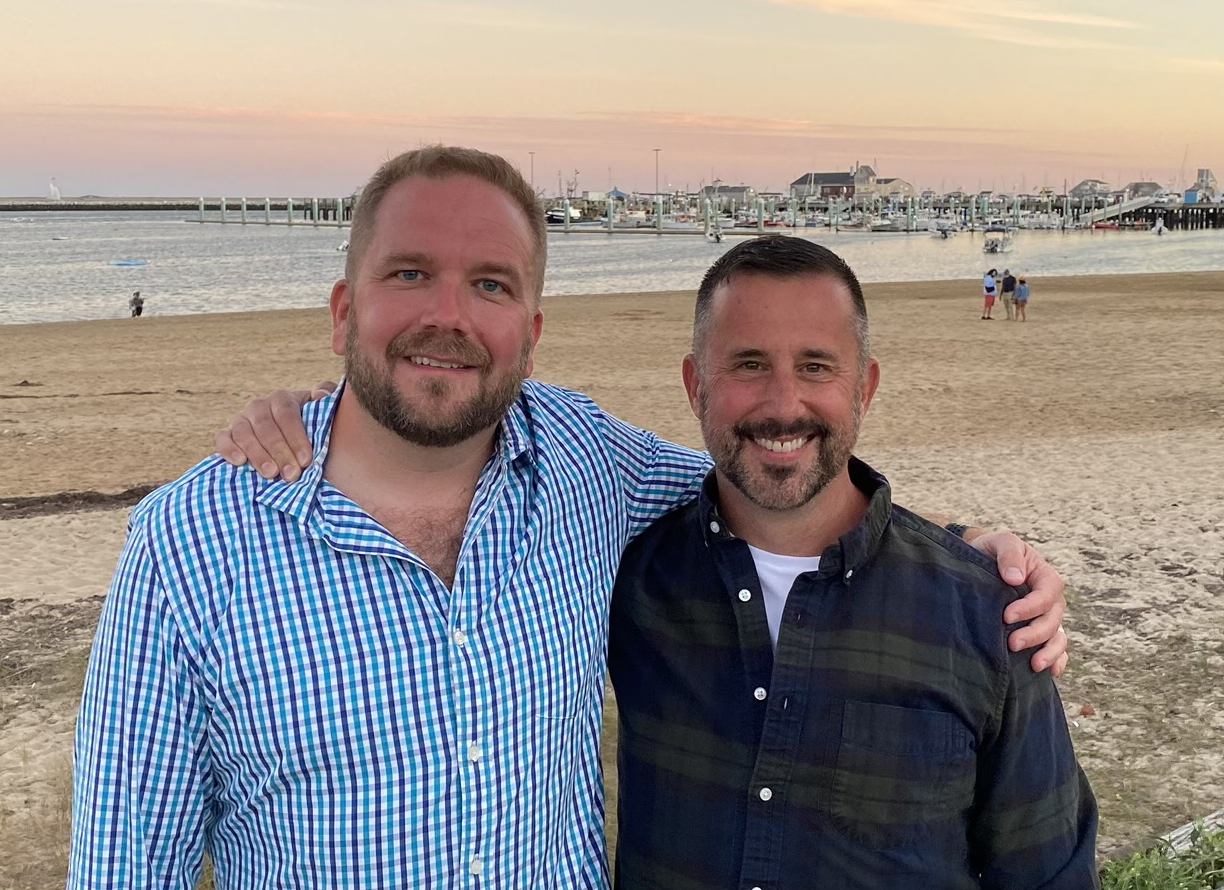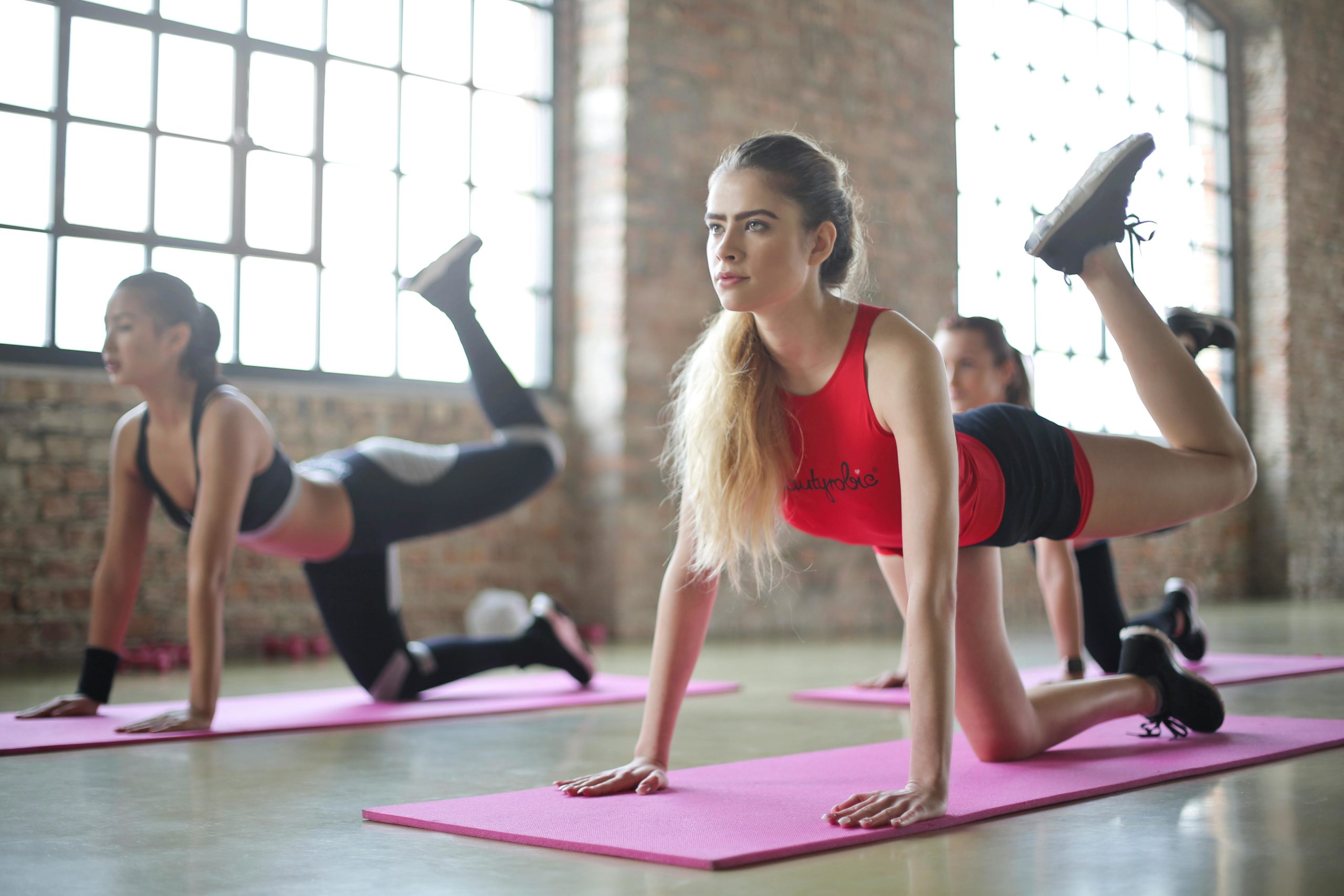The recovery journey after cancer treatment is filled with unique challenges. Physical, emotional, and mental well-being must all be nurtured—and having someone who truly understands the impact of cancer on the body can make a world of difference.
At Survivor Fitness, we are grateful to work with partners who have experience or specialized training in working with cancer survivors. One of these standout partners is Peak Fitness and Physical Therapy, an outpatient clinic built on the philosophy of individualized, one-on-one care. With highly skilled therapists and personal trainers, Peak Fitness focuses not only on achieving optimal physical outcomes but also on supporting the overall well-being of every client.
For this spotlight, we connected with Anna Brown, a Certified Personal Trainer at Peak Fitness, to hear her experiences working with Survivor Fitness participants and how this journey has inspired her.
The Power of Personal Connections: Inspired by Participants
Anna joined Peak Fitness earlier this year, diving right into her work with Survivor Fitness participants—and it didn’t take long for her to feel the impact of these experiences. She describes her work with participants as both inspiring and rewarding.
“The participants are so ready and willing to work hard, and they make incredible progress so quickly! They are some of the hardest workers I have encountered, and for this reason, I am inspired to continue working with them,” Anna shared.
One of her favorite aspects of this partnership is learning about participants beyond their cancer journeys. While cancer has shaped part of their life, Anna loves seeing firsthand that it does not define them.
She takes the time to get to know each individual—discovering their hobbies, their interests, and even their sense of humor. These personal connections make the training process not only enjoyable but meaningful.
Anna also reflects on the small victories that make each session memorable.
“Getting to know my Survivor Fitness participants and seeing the determination and resilience they hold has been phenomenal. They often step outside of their comfort zones and surpass the expectations they had for themselves, which inspires me to never set boundaries or limitations for myself.”
She recalled one particularly uplifting moment when a participant, who had never tried strength training before, progressed during a workout.
“Watching her move up in weight for the first time was so much fun to see. Her face lit up with pride when she realized that she had gotten stronger, and that moment has stuck with me since.”
These small wins—like lifting a bit more weight or realizing newfound strength—are moments that remind Anna why she loves working with Survivor Fitness participants.
Making Progress, Your Way: Practical Advice for the Recovery Journey
When asked for advice for cancer survivors embarking on their recovery journey, Anna emphasized the importance of patience and personalizing the process.
“Training is not always linear, and it is not one size fits all! It is vital to incorporate your personal preferences in training while continuing to keep an open mind to new ideas.”
She also shared practical tips that can help cancer survivors regain strength and vitality, including:
- Incorporating gentle exercise activities: Consider activities such as hiking, resistance training, climbing, or walking to help build bone density.
- Making sustainable dietary changes: Focus on gradually adding more nutrient-dense whole foods to your meals.
- Establishing consistent sleep routines: Try to wake up and go to bed at the same time each day to improve rest and recovery.
As a final note of encouragement, Anna offers a powerful reminder:
“Progress takes time, but the progress is undeniable! One day you may look around and notice that you no longer feel winded after walking up the stairs, your muscles and joints no longer ache after playing with your children, grandchildren, nieces, or nephews, or that you have more energy to enjoy your life with! The first step can sometimes be the most daunting, but it is absolutely worth it.”
Join the Survivor Fitness Community
At Survivor Fitness, we are incredibly grateful for Peak Fitness and the dedication they bring to helping our participants thrive. With a thoughtful, individualized approach and a deep commitment to each person’s well-being, Peak Fitness is an essential partner in helping survivors move forward—stronger than ever.
Want to partner with us and help survivors on their recovery journey? Reach out to our team – we’d love to connect!
If you’re a survivor ready to rebuild your strength and health, learn more about our programs or apply today!



